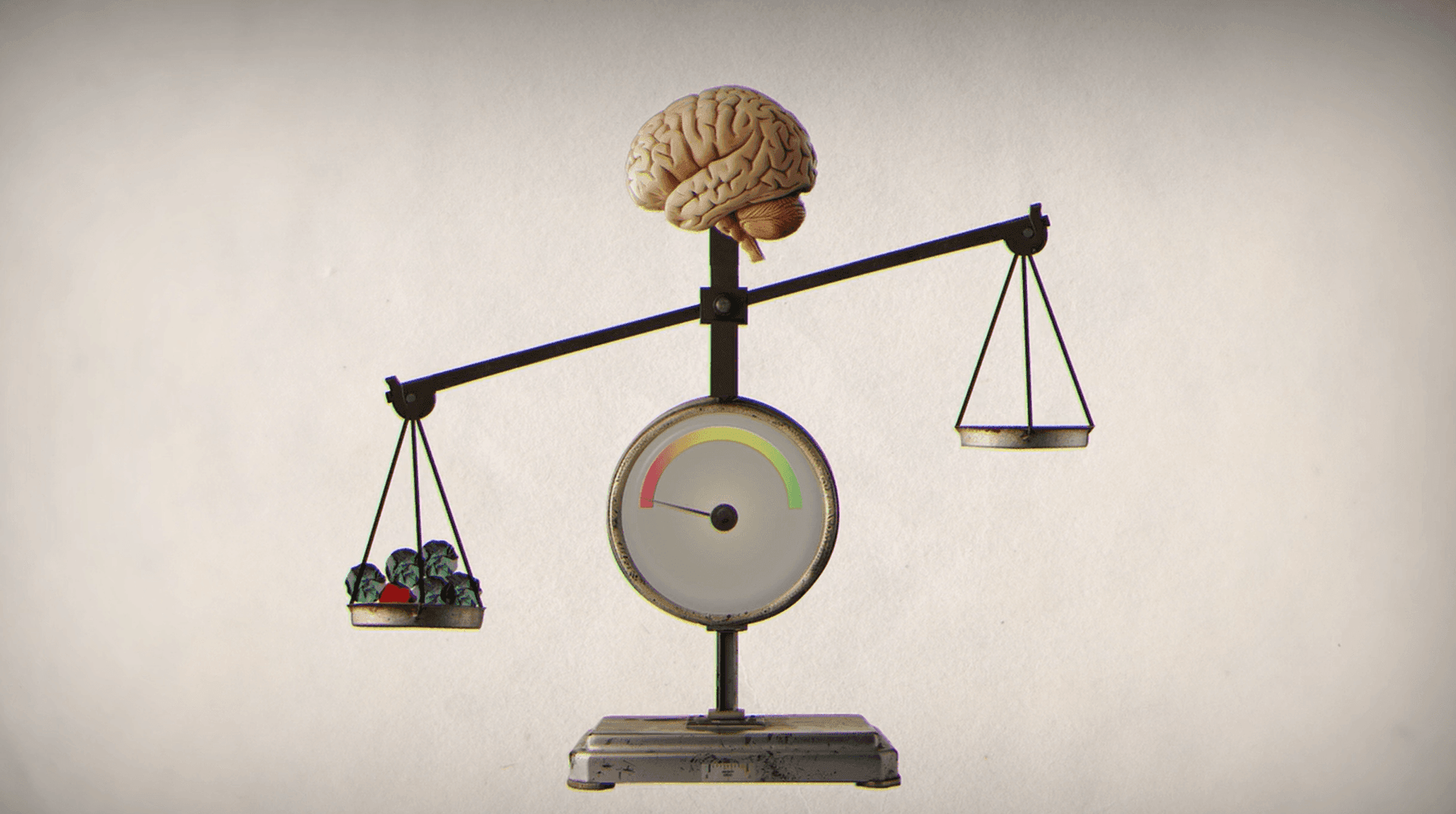As the old adage goes – nothing is permanent except change. That's the simple reality when it comes to hearing. As we get older, the inner ear structures that process sound for the brain gradually break down or become damaged. And unlike other parts of the body, our inner ear cells can't regenerate, leading to a potential decline in hearing.
It's perhaps no surprise then that more than 65% of the global population above the age of 60 experience some degree of hearing loss. And within this age group, 25% are experiencing moderate or higher-grade hearing loss1.
As most audiologists will know, age-related hearing loss can be a challenging and frustrating reality for people. Not only for those who have it, but also for the loved ones around them. And its impact can go far beyond a declining sense.
Far reaching consequences
Today, there's a wealth of evidence indicating how the impact of unaddressed or untreated hearing loss in adults can have a significant impact on overall health – particularly when it comes to quality of life. But just how far reaching can these consequences be?
No matter the degree or stage of hearing loss, it can impact our social, mental, emotional, cognitive, even physical health. Some of the most immediate challenges lie within everyday listening and communication – affecting a person's ability to talk, share and connect with others in their day-to-day life.
With compromised communication can come social isolation and loneliness. Studies show that an impaired ability to comprehend auditory information and maintain conversations may lead to an avoidance of potentially embarrassing social situations by the affected individual2. And it's this gradual withdrawal from the world which can lead to a growing sense of loneliness.
Hearing loss and comorbidities
The knock of effect of social isolation and loneliness, of course, can be an increased risk of other psychological or cognitive health issues. Ranging from stress, anxiety, and depression to serious cognitive decline and dementia3.
As we've explored in other articles on LISTEN TO THIS, hearing loss has been identified as the biggest potentially modifiable risk factor for dementia – accounting for more cases of dementia than other risk factors such as high blood pressure, smoking or head injuries4.
On top of this, many studies shed light on the range of other comorbidities linked to hearing loss, including cardiovascular diseases, diabetes, mobility restrictions, stroke, arthritis, and cancer. For all these conditions, the prevalence appears to be larger in people experiencing hearing loss, while some studies have found increased rates in those with a hearing loss5.
From individual to societal
It's clear that hearing loss has the potential to negatively impact a person's quality of life – whether physically, mentally, or socially. And now there's good evidence to indicate that its affect can be felt even further in terms of poorer education attainment, employment opportunities, economic independence, and productivity in the workplace6.
In this HEARING FOR LIFE series, we'll deep dive into all these implications and more around life quality – examining just how an untreated hearing loss can affect not only our bodies and brains but also the people, environments, and communities around us.
To keep your finger on the pulse of this fast-moving period in audiology history, visit the Article overview page to explore our collection of articles
¹ World Health Organization. (2021). The World Report on Hearing (WHR), https://www.who.int/publications/i/item/world-report-on-hearing
² Heine C, Browning CJ. The communication and psychosocial perceptions of older adults with sensory loss: a qualitative study. Ageing Soc. 2004;24(1):113–30.
³ Cantuaria ML, Pedersen ER, Waldorff FB, et al. Hearing Loss, Hearing Aid Use, and Risk of Dementia in Older Adults. JAMA Otolaryngol Head Neck Surg. 2024;150(2):157–164. doi:10.1001/jamaoto.2023.3509
⁴ Livingston, G. et al. (2020) Dementia prevention, intervention, and care: 2020 report of the Lancet Commission, The Lancet, vol. 396, issue: 10248, https://www.thelancet.com/article/S0140-6736%2820%2930367-6/fulltext
⁵ Besser J et al. Comorbidities of hearing loss and the implications of multimorbidity for audiological care. 2018 Nov:369:3-14. doi: 10.1016/j.heares.2018.06.008. Epub 2018 Jun 19.
⁶ Nordvik Ø, Laugen Heggdal PO, Brännström J, Vassbotn F, Aarstad AK, Aarstad HJ. Generic quality of life in persons with hearing loss: a systematic literature review. BMC Ear Nose Throat Disord. 2018;18:1.




